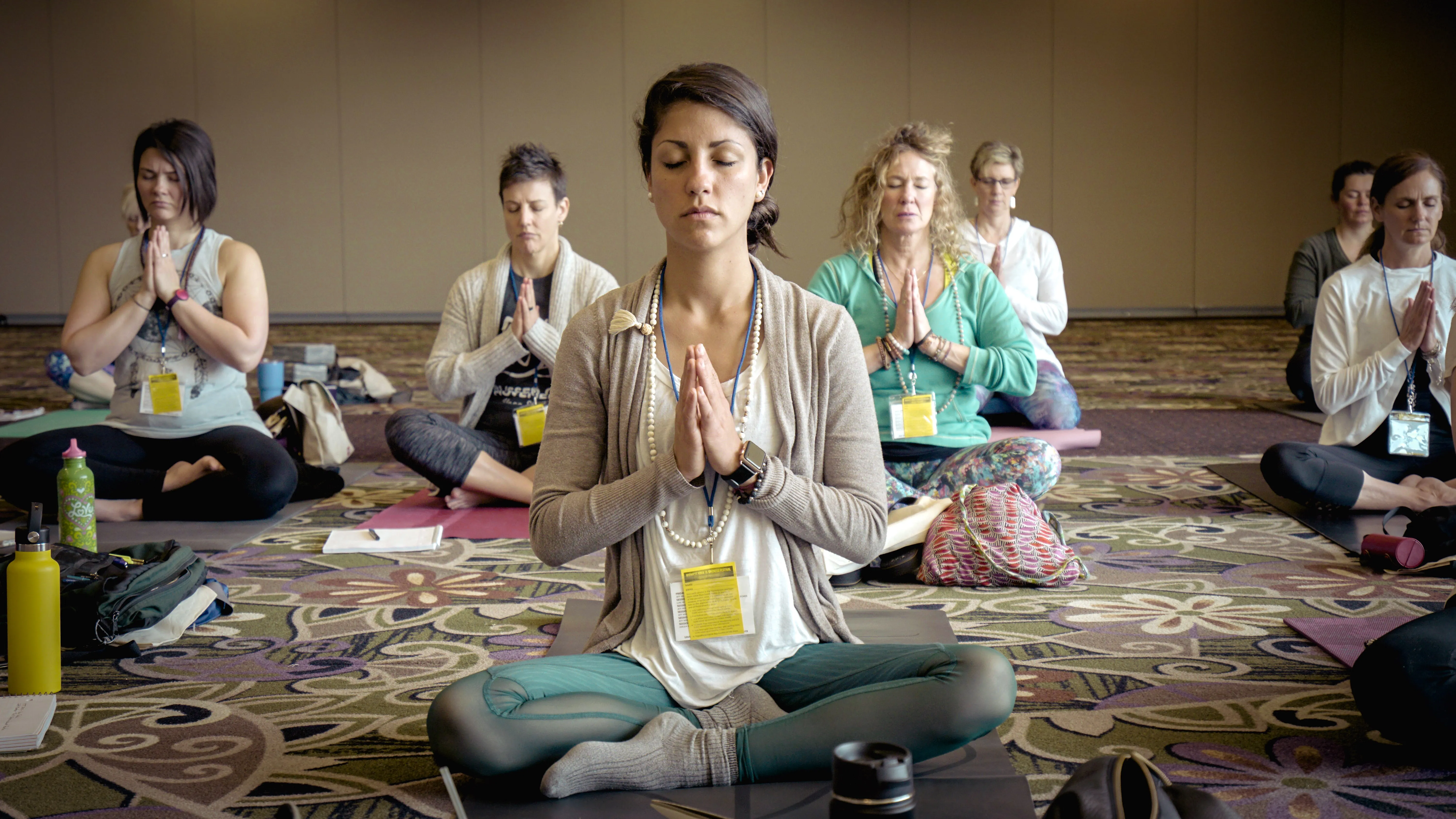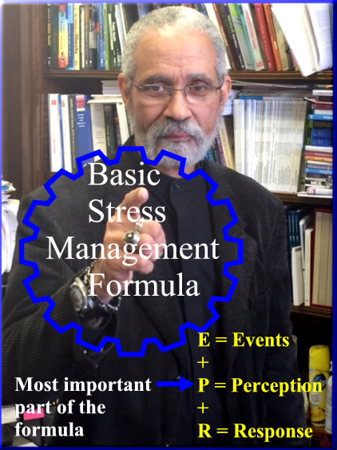Guided Meditation: Six Simple Steps on Stress Reduction

By
February 9, 2019
Introduction
Adjustment is always needed since our environment constantly changes. Thus, it affects both the emotional and physical aspects of the person creating either negative or positive feelings. This can result to stress.
Stress is a part of everyday lives since time immemorial. But if an influence is positive, stress can motivate a person to an action resulting to a new consciousness and a stimulating new perspective. But if the influence is negative, stress can create a feeling of rejection, distrust, depression, and anger. In return, health problems can be developed such as an upset stomach, headaches, insomnia, rashes, heart disease, stroke, ulcers, and high blood pressure. People can experience stress during a job promotion, new relationship, childbirth, or death of a person close to them.
Stress can hinder or help people depending on their reactions to the circumstances of life. It does not matter if all are positive stresses since it adds excitement and anticipation to life. But somehow competitions, deadlines, frustrations, sorrows, and confrontations also add enrichment and depth to life.
You don’t need to get rid of stress. All you need to do is manage it in a way that it can give you benefits. Remember that insufficient stress can act as depressants letting you feel dejected or bored. While excessive stress lets you feel stocked.
To avoid stress build ups, you can try meditation. Besides it being cool to do, you can obtain an immediate calming effect regardless of your meditation posture. In this manner, you can reduce your stress.
1. Practicing your breathing is the first process you should learn. If you observe that stress is starting to disturb you, just do a couple of light breathing. Concentrate on your breathing quality. Make sure that it’s light and still. Then slowly breathe deeper.
2. The next step is to balance your posture and make it even, head up and back straight. Most people who are stressed out often do a slouching posture while frowning.
3. Clear your thoughts. Start to imagine that you are swimming in relaxing waves. Feel the flowing waves in your consciousness that is taking away all you stress and anxiety. Make sure your body receives the constant flow of the waves.
4. Acknowledge your stress and review its root causes. This is a very important step. Denying stress in the meditation process is not good. Clearly speak to your mind that the stress is true but you have the capacity to handle it by thinking straight and finding ways to deal and cope up with it immediately.
5. Repeat this statement during your meditation process for at least ten minutes or more. Then take control of your stress totally. Think of the person who caused you such stress and made you out of control. Control your mind and remove the stress from it.
6. Finally, concentrate on a decision that you have the right to a peaceful and free mind and nobody can say or do anything against this right, as you end the meditation process. Every time you need meditation, just dictate this decision to your mind.
Conclusion
These steps can do something to change your outlook whenever stress disturbs you. Never be afraid to try, just believe on the benefits that it will give you in the end.














